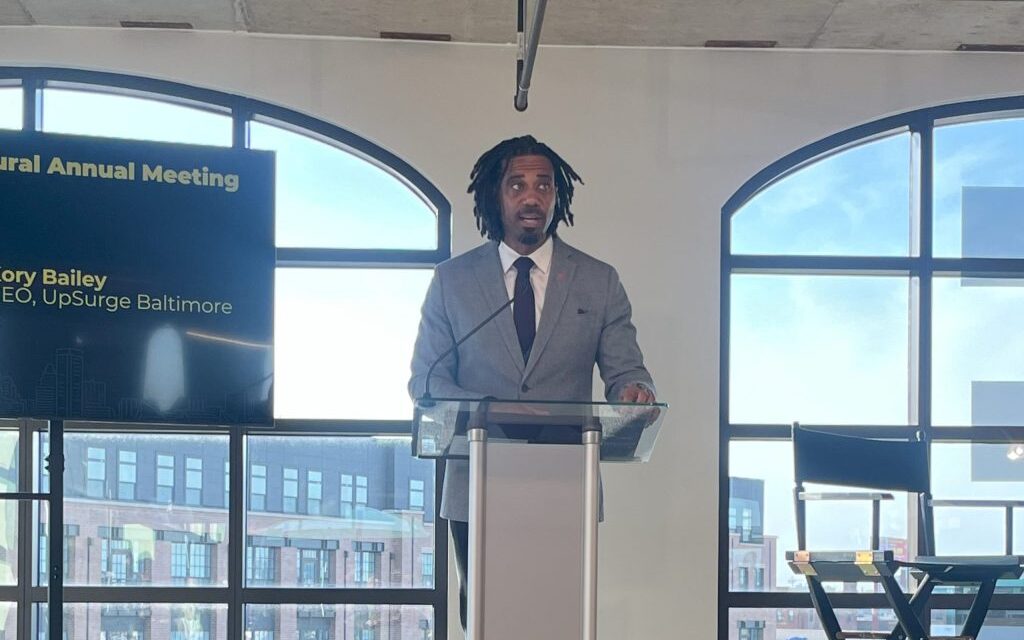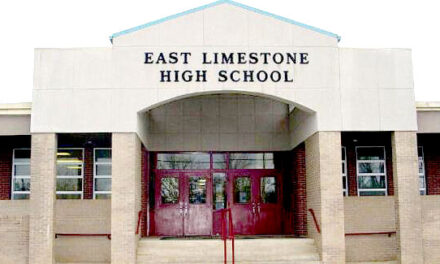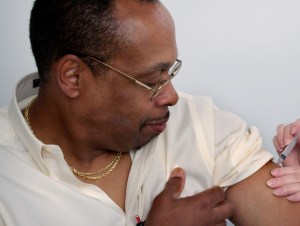By Megan Sayles
AFRO Business Writer
msayles@afro.com
UpSurge Baltimore’s (UpSurge) 2024 Tech Ecosystem Report recently revealed that local companies raised $782 million in venture capital in 2023, up 12.3 percent from the seven-year average of $697 million. The full analysis was unveiled at the organization’s inaugural Annual Meeting, which took place on April 23 at Rye Street Market.
This is UpSurge’s third Baltimore Tech Ecosystem report. For the first time, the organization expanded the study area beyond Baltimore City to encompass the entire Baltimore Metropolitan Statistical Area (MSA), which covers Anne Arundel, Baltimore, Carroll, Harford, Howard and Queen Anne Counties, with Baltimore at the center.

“A lot of times when reporting happens on startup or venture activity, Baltimore gets lumped in with D.C.’s data. They sort of get to take credit for all of our activity without having to take hits for the negative stuff people say about Baltimore,” said Kory Bailey, CEO of UpSurge. “Tech is one of the brightest spots in our city. We have tremendous momentum, and our ecosystem is growing.”
Currently, the Baltimore MSA maintains 496 startups in its ecosystem. They are most commonly found in ZIP codes: 21202, 21205 and 20759, which represent Downtown Baltimore, East Baltimore and Fulton, Md.
Of the $782 million that tech companies raised, 90 percent went to healthcare and information technology in 2023.
The report also collected workforce data to illustrate how the concentration of local talent impacts startup growth and expansion. In the last five years, Baltimore MSA tech jobs had an annual growth rate of 5.3 percent. Baltimore City alone had an annual growth rate of 6.8 percent, 1.1 percent higher than the national average of 5.7 percent. The average salary for tech workers was $105,000.
“Some of the demographics that have the fastest growth are Black women,” said Bailey. “I think that is really telling. We have a competitive strategy in getting more underrepresented groups into the tech workforce.”
However, women tech workers’ earnings still lag behind those of their male counterparts. The report revealed that the average wage gap between women and men in the tech space is $19,000. Although, women in tech do make 81 percent more than their non-tech peers.
“I think the wage gap is due to the historical underrepresentation of women in the tech space and in the type of roles women typically hold within tech,” said Bailey. “The more leadership we start to see from women, the more diverse hiring practices and diverse teams we will start to see.”
“I think tech is probably one of the best ways to close the overall wage gap between men and women in the country, but we definitely still have some work to do.”
Last October, the Baltimore MSA became one of 31 federal Tech Hubs across the nation , a designation bestowed by the U.S. Economic Development Administration. The classification enabled the region to apply for funding to operationalize a plan that propels economic growth and opportunity in key industries.
The Greater Baltimore Committee (GBC) is leading the hub with a consortium of 38 local business and technology leaders, including UpSurge, which is a leading partner. The region’s proposal centers on predictive healthcare technologies that will leverage artificial intelligence to enhance biotechnologies.
The hub will do this work under UpSurge’s Equitech framework, which views equity and diversity as a vital force in the advancement of emerging tech sectors. The model capitalizes on the innovations of underestimated founders.
While the Baltimore Tech Hub has experienced broad buy-in from the public sector, there’s still more work to be done in engaging private entities.
“Public-private partnerships will actually drive the work. If you look at Silicon Valley, London or Toronto—the biggest tech hubs in the world— the magic that makes things happen is public and private investment,” said Mark Anthony Thomas, CEO and president of GBC. “It’s people committed to the ecosystem above their own interests, and that’s what we need to move the ball in the region.”
Megan Sayles is a Report for America corps member.
The post UpSurge report demonstrates strength and opportunities in local tech ecosystem appeared first on AFRO American Newspapers.











